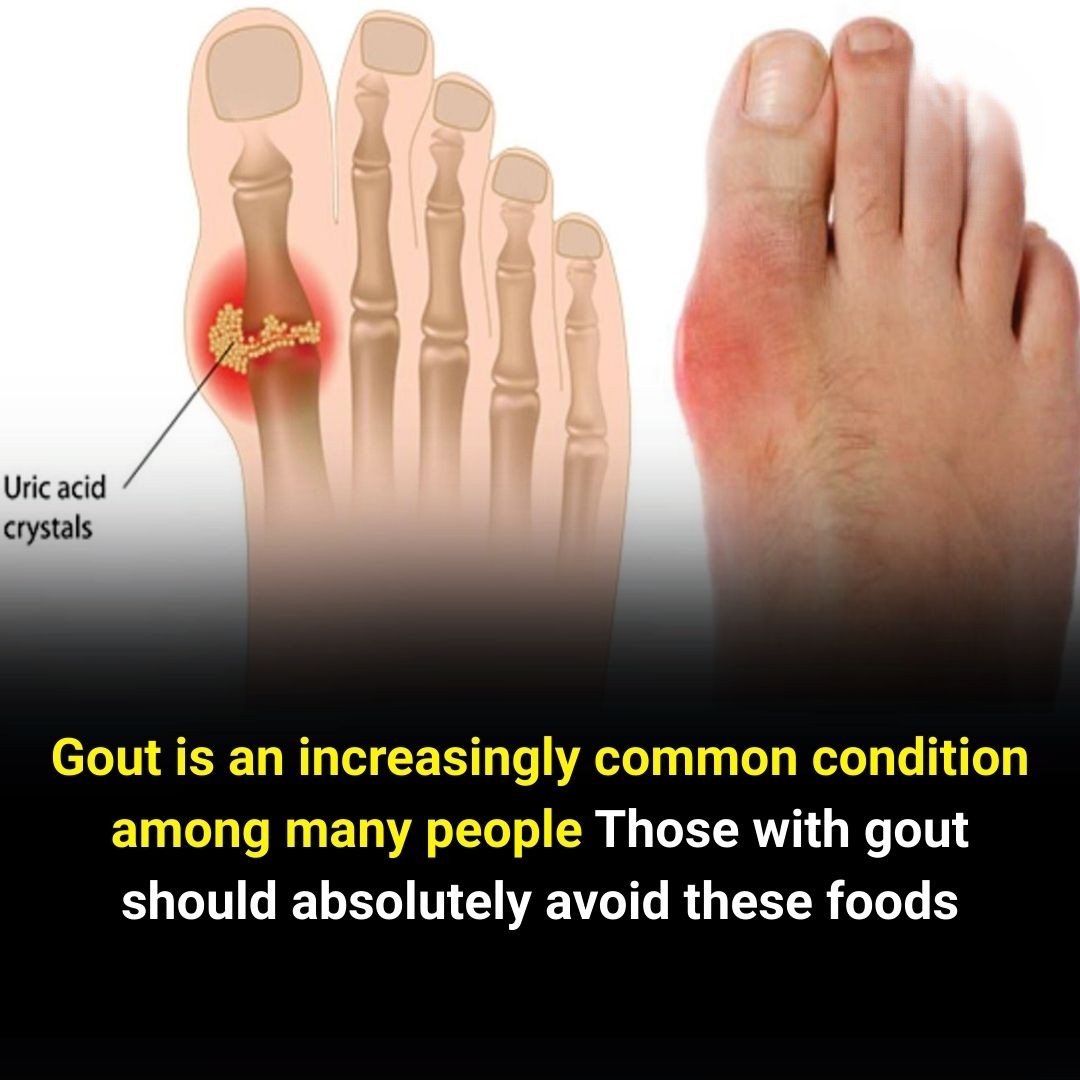Gout: A Growing Health Concern and the Foods You Must Avoid
Gout is a type of arthritis that has become increasingly common in recent years, affecting millions of people worldwide. It is caused by the buildup of uric acid crystals in the joints, most commonly at the base of the big toe. This buildup leads to sudden episodes of pain, swelling, redness, and stiffness, often referred to as “gout attacks.”
What Causes Gout?
Uric acid is a natural waste product formed when the body breaks down purines, substances found in many foods. Normally, uric acid dissolves in the blood and is eliminated through the kidneys. However, when uric acid levels become too high, crystals can form in the joints, triggering painful inflammation.
Several factors increase the risk of gout, including:
-
A diet high in purine-rich foods
-
Excessive alcohol consumption
-
Obesity and lack of exercise
-
Kidney disease or reduced kidney function
-
Genetic predisposition
Foods to Avoid with Gout
For those living with gout, diet plays a crucial role in managing flare-ups. Certain foods significantly raise uric acid levels and should be avoided or minimized:
-
Red Meat and Organ Meats
Beef, lamb, pork, liver, and kidneys are all high in purines and strongly linked to gout attacks. -
Seafood
Shellfish, sardines, anchovies, mackerel, and tuna contain high purine levels and should be eaten sparingly. -
Alcoholic Beverages
Beer and spirits, in particular, interfere with uric acid elimination and can trigger sudden attacks. -
Sugary Drinks and Processed Foods
Soft drinks and foods high in fructose corn syrup increase uric acid production in the body. -
Certain Vegetables
While vegetables are generally healthy, some like spinach, asparagus, and mushrooms are moderately high in purines and should be consumed in moderation.
Recommended Foods for Gout-Friendly Diet
Next Page

